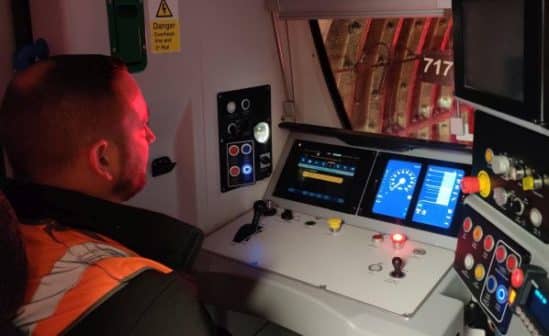A joint recommendation for the revision of the European Union (EU) Train Drivers Directive (TDD) has been officially adopted at an extraordinary meeting of the Community of European Railway and Infrastructure Companies (CER), representing rail sector employers, and the European Transport Workers’ Federation (ETF), representing railway workers.
In light of their members’ expertise and experience, the CER and ETF urge EU institutions to take note of their joint recommendation that a sound certification scheme and a comprehensive approach to communication in and around the railway system is of the utmost importance to revising the TDD.
While fully supporting harmonisation of railway systems at European level, where feasible, the CER and ETF recommend developing a digitalised train driver certification system with a modular approach recognising three levels: European, national, and company-specific.
They also state that train operation on a country’s network can only work effectively if communication between drivers and traffic controllers, emergency services and other railway staff works flawlessly, particularly in disruption or crisis situations. This is something already catered for by existing arrangements, so they oppose any move by the European Commission (EC) to introduce a Europe-wide single or additional common language requirement for the rail sector, arguing that it would require significant retraining of staff and would hinder the shift from road to rail.
In drafting its TDD the EC has claimed that the current requirement for drivers to have B1 level understanding of the local language of each country a train passes through is an obstacle to cross-border operations, but ETF believes lowering the current language requirement would pose a safety risk, arguing that changing drivers at a national border takes a matter of minutes.
“An automated translation tool can support drivers but can never replace direct communication with colleagues and emergency services in the local language,” ETF says.
The ETF therefore wants the minimum B1 level language requirement retained across the European rail network, whereas CER favours exemptions for countries with more than one official EU language, as well as for border areas between countries.
To help define a future target system for communication in the rail sector, both parties recommend that a scientific study, including field tests and pilot studies, should be carried out across Europe.
They add that as the EC has designated 2023 the European Year of Skills (EYS), efforts should be made to highlight how EU initiatives and funding can help address skills shortages across the sector.


